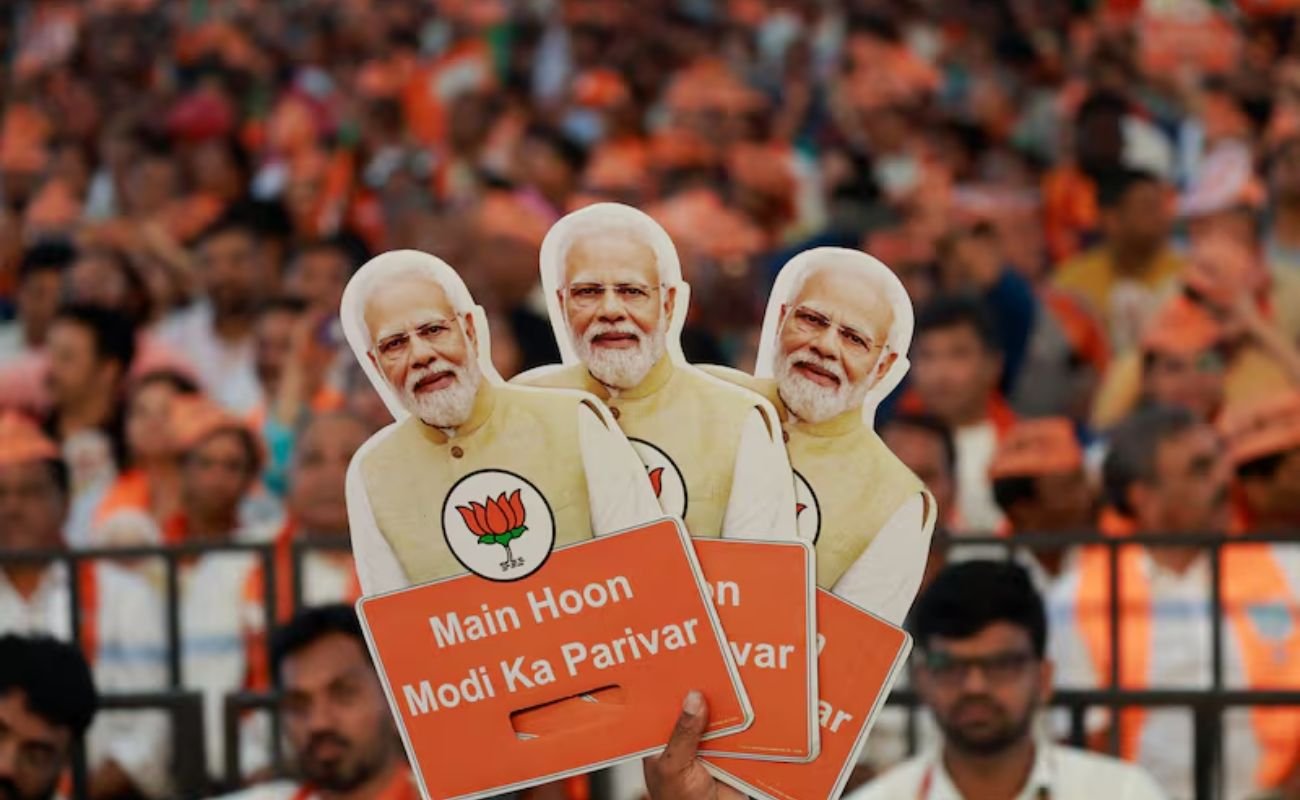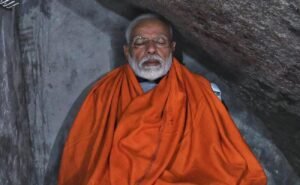In the ever-evolving landscape of Indian politics, one name continues to resonate with a significant portion of the population: Narendra Modi. As we approach another election cycle, the question on many minds is, why do people want Modi again? What is it about the Bharatiya Janata Party (BJP) that garners such widespread support? To comprehend this phenomenon, it’s imperative to delve into various facets of Modi’s governance and the BJP’s ideology.
Development and Infrastructure: A Transformative Agenda
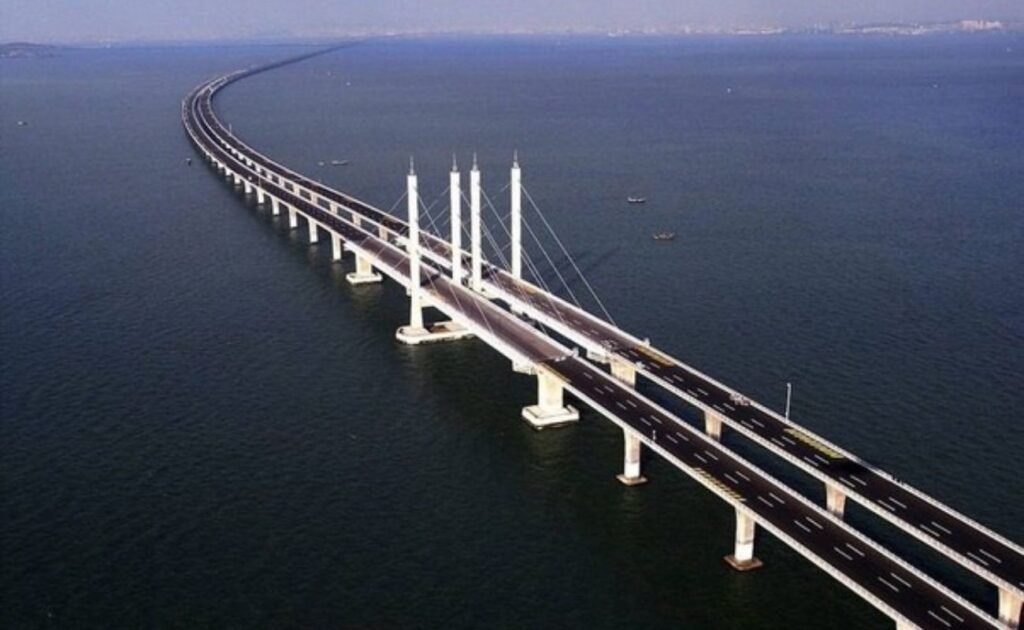
Over the past decade, India has undergone a remarkable transformation, particularly in terms of development and infrastructure. For millions of Indians, especially those in rural and less affluent areas, access to basic amenities like electricity, roads, and the internet has become a reality rather than a distant dream. The Modi government has spearheaded initiatives aimed at bolstering infrastructure across the country, thereby facilitating connectivity and economic growth. This tangible progress has not gone unnoticed, as it directly impacts the lives of ordinary citizens.
Domestic Security: Upholding National Unity
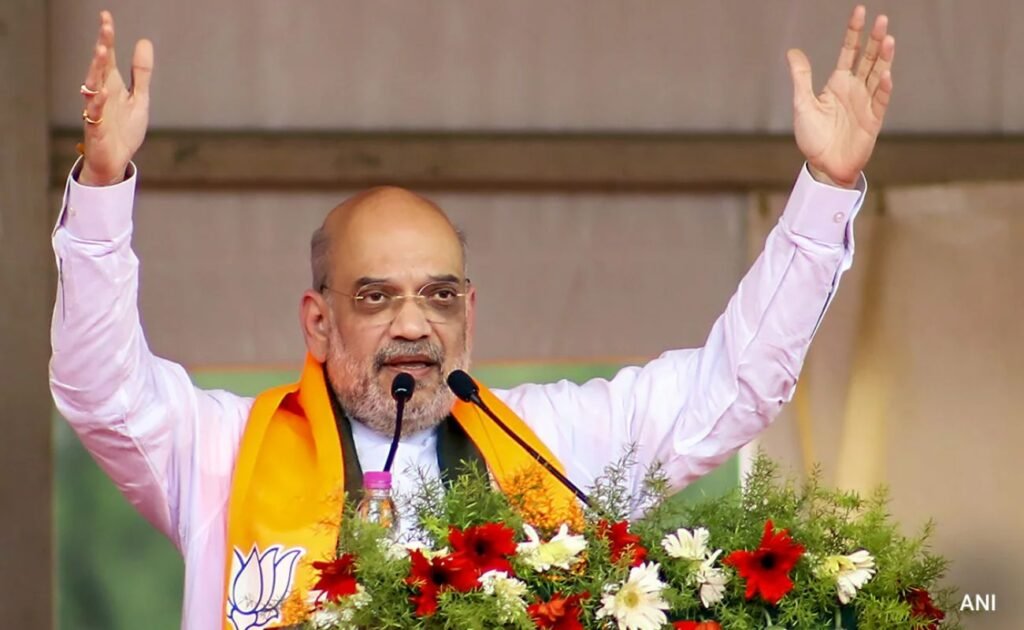
India’s history is fraught with internal security challenges, ranging from separatist movements to insurgencies. The BJP, with its staunch commitment to Hindutva ideology, prioritizes national unity and security. By addressing long-standing security threats and bolstering counterinsurgency efforts, the Modi government has endeavored to safeguard the territorial integrity of the nation. This proactive approach to domestic security resonates with many Indians who prioritize stability and cohesion.
Vision: Shaping the Future of India
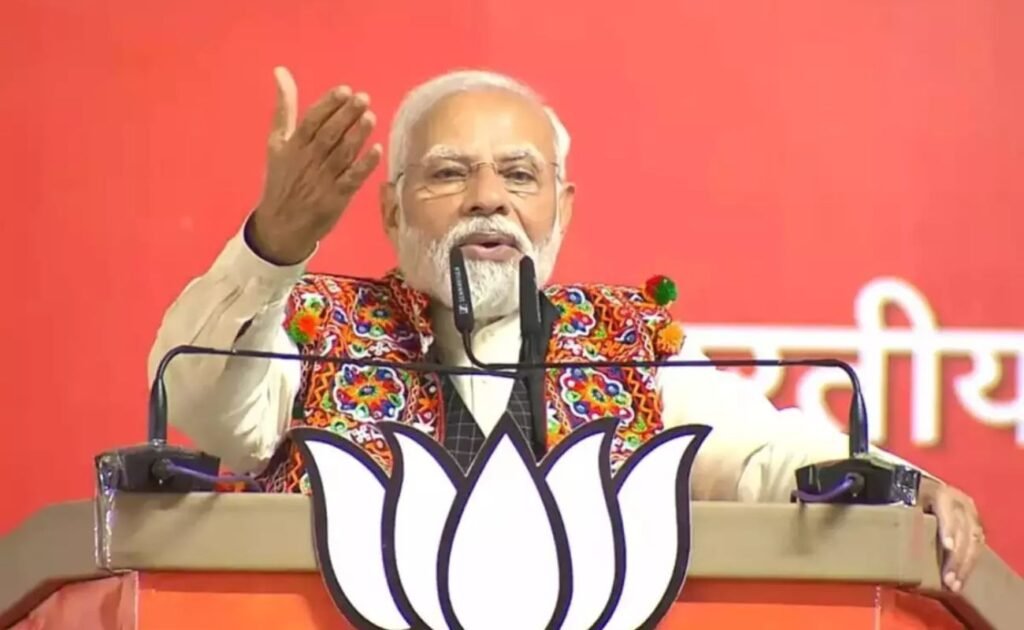
Beyond immediate concerns, the BJP distinguishes itself from its counterparts by articulating a compelling vision for India’s future. While welfare distribution and caste dynamics remain integral to Indian politics, the BJP emphasizes a broader vision encompassing economic growth, technological advancement, and cultural resurgence. Modi’s leadership embodies a blend of pragmatism and aspiration, resonating with a populace eager for transformative change.
Economic Reforms: Navigating Challenges
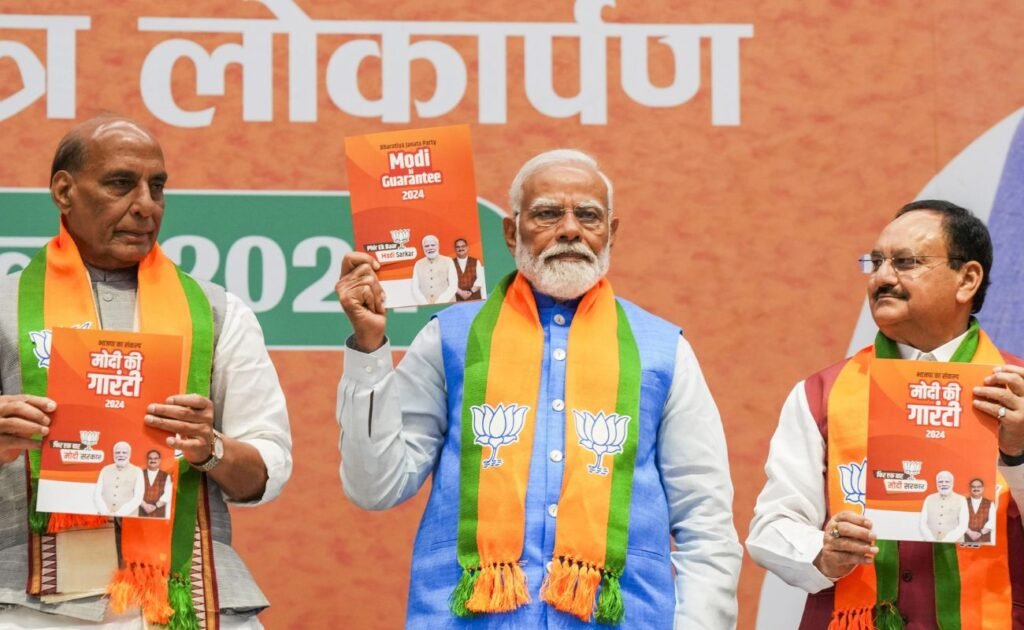
Despite commendable progress on various fronts, the Modi government faces criticism on certain economic matters. The implementation of policies such as demonetization and the Goods and Services Tax (GST) sparked debate and discontent among certain segments of society. Additionally, issues like unemployment and agrarian distress persist, posing challenges to the government’s economic agenda. However, proponents argue that these reforms, though contentious, are essential steps towards long-term economic stability and formalization.
Foreign Policy: Asserting India’s Global Position
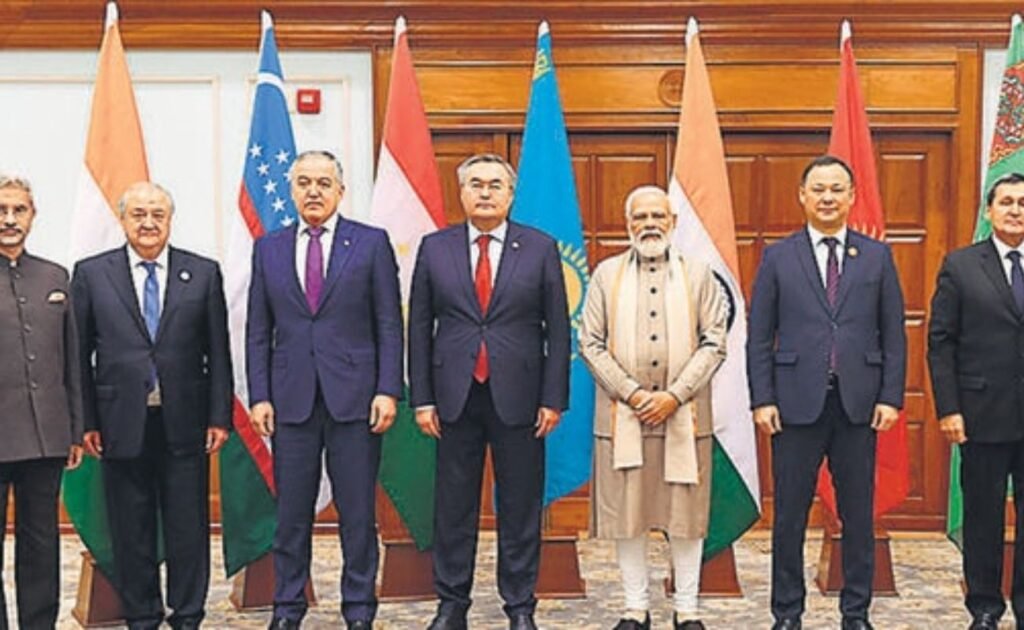
Modi’s tenure has witnessed a recalibration of India’s foreign policy, marked by proactive engagement with major powers and assertiveness on the global stage. From strengthening ties with strategic partners to championing initiatives like the International Solar Alliance, India under Modi has sought to carve out a more prominent role in international affairs. This proactive diplomacy has garnered both praise and scrutiny, reflecting divergent perspectives on India’s global ambitions.
Critique and Controversies: Navigating Discourse
Like any political figure, Narendra Modi is not immune to criticism and controversy. His administration has faced scrutiny over religious polarization, freedom of expression, and human rights concerns. Moreover, allegations of authoritarian tendencies and media censorship have sparked debates about the state of democracy under his leadership. While supporters laud Modi’s decisive leadership and administrative acumen, detractors raise valid concerns about democratic principles and social cohesion.
Conclusion: Decoding the BJP Phenomenon
The enduring popularity of Narendra Modi and the BJP is a multifaceted phenomenon rooted in socio-political dynamics, ideological allegiance, and perceptions of governance. The Modi government has left an indelible mark on India’s trajectory from transformative development initiatives to assertive foreign policy maneuvers. As the nation stands at a crossroads, the upcoming elections will serve as a litmus test of public sentiment and the enduring appeal of Modi’s leadership. Regardless of the outcome, the legacy of the BJP’s governance will continue to shape India’s political landscape for years.
